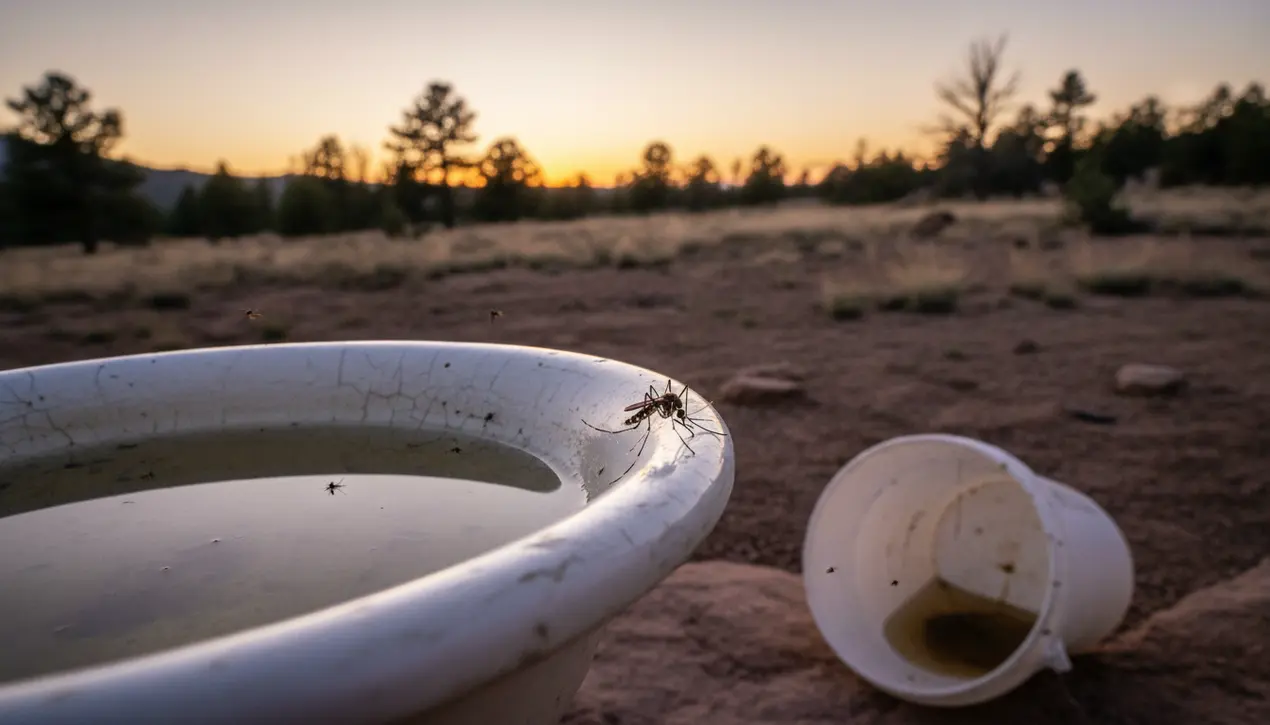
SciencemedicineInfectious Diseases
An Invasive Disease-Carrying Mosquito Has Spread to the Rocky Mountains
RA
Rachel Adams
2 hours ago7 min read
The discovery of a thriving population of Aedes aegypti mosquitoes in Western Colorado represents a profound and alarming shift in the ecological landscape of the American West, a development that challenges long-held assumptions about the geographical limits of this dangerous vector. Previously confined by its reliance on hot, humid climates, this mosquito—a primary carrier of dengue, yellow fever, Zika, and chikungunya—was considered a threat exclusive to the tropical and subtropical regions of the globe.Its successful colonization of the semi-arid, high-altitude environment of the Rocky Mountains is a stark indicator of a changing world, a direct consequence of the creeping tendrils of climate change that are redrawing the maps of disease distribution. This isn't merely an entomological curiosity; it is a public health crisis unfolding in slow motion, bringing the specter of illnesses once considered distant and foreign to the doorsteps of communities utterly unprepared for their arrival.The implications are vast and deeply troubling, stretching from strained local healthcare systems to the potential for localized outbreaks that could overwhelm existing mosquito control protocols, which were designed for native species like Culex mosquitoes, not for this aggressive, day-biting urban adapter that prefers to live in close quarters with humans, breeding in the smallest containers of stagnant water found in backyards. Scientists tracking this expansion point to a combination of factors, including warmer average temperatures, which allow the mosquitoes to survive colder winters, and increased human travel and trade, which provide constant opportunities for introduction.The situation in Colorado serves as a chilling case study, a canary in the coal mine for other temperate regions that have thus far considered themselves immune. We are witnessing a fundamental recalibration of our relationship with the natural world, one where the boundaries that once protected us are dissolving, forcing a urgent and necessary conversation about proactive surveillance, community education, and the development of robust, adaptable public health strategies to confront a future where the range of such invasive species will only continue to grow.
#featured
#Aedes aegypti
#mosquito
#invasive species
#dengue
#Zika
#Rocky Mountains
#climate change
#public health
Stay Informed. Act Smarter.
Get weekly highlights, major headlines, and expert insights — then put your knowledge to work in our live prediction markets.
Related News
Comments
Loading comments...
© 2025 Outpoll Service LTD. All rights reserved.